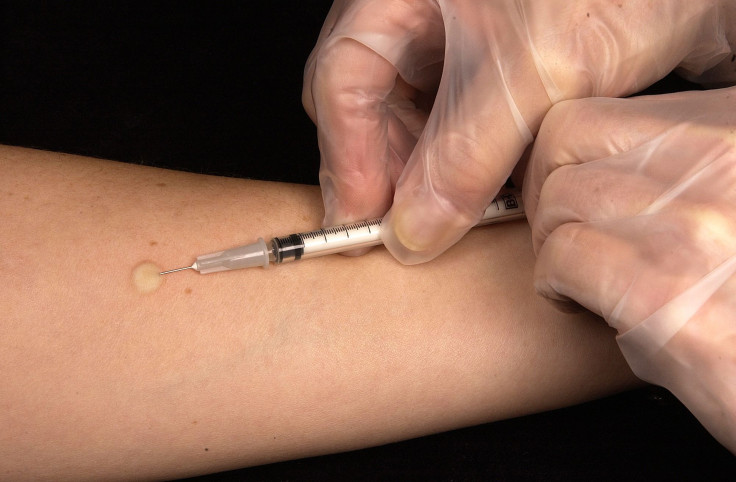Parents Fear HPV Vaccine; Why Fear Cervical Cancer Shots?

More parents say they won't vaccinate their teenage daughter against the virus that causes cervical cancer, citing safety reasons and misplaced faith in their daughter's chastity.
Researchers from the University of Oklahoma Health Sciences Center in Oklahoma City analyzed data from a survey of nearly 100,000 American parents on the subject of immunizations. Despite multiple studies demonstrating the safety and efficacy of human papillomavirus (HPV) vaccines, more parents believe the shots unsafe and unnecessary.
"There were a lot of very sensationalized anecdotal reports of [girls] having bad reactions to the vaccine," said Dr. Amanda Dempsey, a pediatrician and vaccine researcher from the University of Colorado at Denver.
"Safety concerns have always risen to the top of the pile, in terms of being one of the main reasons people don't get vaccinated, which is unfortunate because this is one of the most well-studied vaccines in terms of safety and is extremely safe," said Dempsey, who did not participate in this study.
The U.S. Centers for Disease Control and Prevention in Atlanta said boys and girls alike should receive three HPV shots as preteenagers. Overall, the percentage rose slightly from 2008 to 2010 for teenagers fully vaccinated for Tdap (tetanus, diphtheria and pertussis), MCV4 (meningococcal) and HPV vaccines. By 2010, however, approximately three of four teenage girls ages 13 to 17 were not fully vaccinated for HPV vaccines. During that time, the percentage of parents who said they'd forgo the rest of the shots for their daughters rose from 40 percent to 44 percent, as reported today in the journal Pediatrics.
For whatever reason, more parents believe the vaccine to be unsafe and unnecessary. The percentage of parents citing safety reasons after 2010 more than tripled from 5 percent to 16 percent. Parents also said their daughter's primary care physician had failed to recommend a specific vaccine and that their teenage daughter was not sexually active.
Dr. Paul Darden, the lead investigator on the study, defended the vaccine in an email to Reuters.
"These are wonderful vaccines preventing severe diseases," he said. "HPV is the first vaccine that will prevent cancer which is a tremendous health benefit."
Darden also acknowledged he has consulted for Pfizer and that one of his co-authors serves on a safety monitoring board for vaccines studies funded by Merck, which makes Gardasil, one of the HPV vaccines.
Still, Dempsey says parents shouldn't rely solely on the Internet for important health advice.
"If they have questions or concerns, they should trust their provider to give them accurate information about the vaccine," she said.
A study last year published in Pediatrics also showed no increase in sexual activity among teenage girls following HPV shots at ages 11 to 12. The CDC recommends these shots for boys and girls at that age -- or older if they have yet to receive them.



























